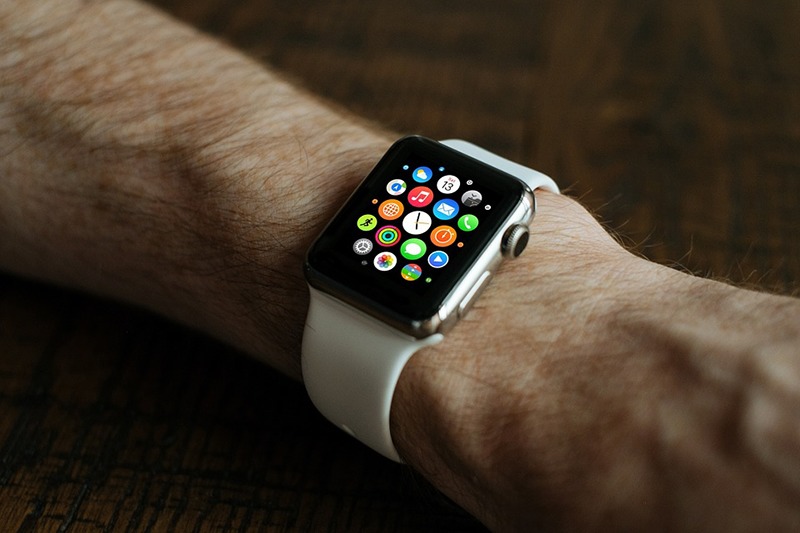Wearables market was valued at USD 27.91 Billion in 2019 and is expected to reach USD 74.03 Billion by 2025 while exhibiting a CAGR of 17.65% over the forecast period of 2020 to 2025, according to a report by Mordor Intelligence.
Microelectromechanical systems (MEMS) implemented into wearable devices and promoted by the impact of daily smartphone use, popularized such devices as fitness trackers and various medical monitoring devices. By segment, wearable technology is prevalent from healthcare to the military & defense sector due to its flexibility, accuracy, and convenience. Smartwatches, in particular, are becoming more popular, as manufacturers such as Apple and Fitbit have added health-monitoring features. For example, Apple features a fall detection app and an EKG monitor to the Apple Watch Series 4, while Fitbit has added a feature to detect sleep apnea, says a press release.
The emergence of medical devices that help consumers monitor their vital signs has also attracted the FDA’s attention. According to MedCity News, Courtney Lias, Director of the Division of Chemistry and Toxicology Devices Office, part of FDA’s Center for Devices and Radiological Health.
“We want to incentivize interoperability and open systems through optimized regulatory pathways,” said Courtney Lias, Director of the Division of Chemistry and Toxicology Devices Office, part of FDA’s Center for Devices and Radiological Health.
Nemaura Medical announced that “the Company is set to join the small-cap Russell 2000® Index and the broad-market Russell 3000® Index at the conclusion of this year’s reconstitution of the Russell stock indexes, effective after the U.S. stock market opens on Monday, June 29, 2020, according to a preliminary list of additions posted June 5, 2020.

Abbott Laboratories announced earlier this year that four real-world data abstracts are being presented during the 13th Advanced Technologies & Treatments for Diabetes (ATTD) in Madrid. The new data show that users of the FreeStyle Libre system have improved glucose control, increased time in target glucose range, and decreased time in hyperglycemia (high glucose levels) and hypoglycemia (low glucose levels), as well as reduced HbA1Ci, (average glucose levels over a three-month period).
Medtronic plc announced earlier this year the CE (Conformité Européenne) Mark for Percept™ PC neurostimulator; it is the only Deep Brain Stimulation (DBS) system to be launched in the European Union (EU) with BrainSense™ technology that can sense and record brain signals while delivering therapy to patients with neurologic disorders, such as Parkinson’s disease.
Smith & Nephew plc announced earlier this year the U.S. launch of the new PICO 14 Single Use Negative Pressure Wound Therapy System (sNPWT) which has a pump duration of up to 14 days. 14 days of therapy may be particularly relevant for patients where both the risk of surgical site complications (SSCs) and the consequence of obtaining them are high, such as cardiothoracic surgery and abdominal surgery.
Becton, Dickinson and Company develops, manufactures, and sells medical supplies, devices, laboratory equipment, and diagnostic products worldwide. the company claims that it continues to pioneer new, relevant ways to impact the quality of care for both customers and health care systems, including redefining medication management technologies; identifying the tools needed to support disease diagnosis and treatment; as well as developing new technologies that provide more advanced “wearable” drug delivery devices and diabetes management applications.












